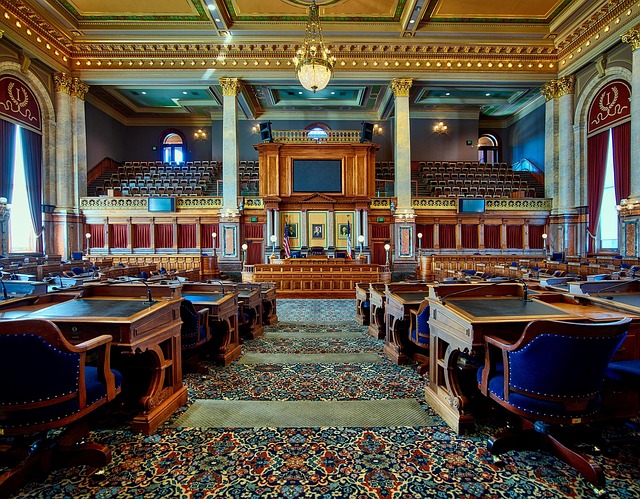Protecting Privacy: Florida's Stance on Drone Surveillance
In a move lauded by privacy advocates, the Florida legislature has passed a bill criminalizing the unauthorized surveillance of individuals and private property through the use of drones. This legislation, signed into law [hypothetical date], aims to safeguard Floridians from unwarranted intrusion and potential misuse of drone technology.
Key Provisions of the Anti-Drone Surveillance Act

The Anti-Drone Surveillance Act outlines specific prohibited activities, including capturing images or videos of individuals or private property without prior consent when a reasonable expectation of privacy exists. Penalties for violations range from fines to potential jail time, depending on the severity and frequency of the offense.
Legislative Intent and Public Reaction

Supporters of the bill argue it is a necessary step to protect individual liberties in the face of rapidly advancing technology. 'This law strikes a crucial balance between innovation and privacy,' stated Representative [Hypothetical Name], a key sponsor of the bill. 'It ensures that drones are not used to infringe upon the rights of law-abiding citizens.'
The bill has received generally positive feedback from conservative groups, with some expressing concerns about potential overreach and the impact on legitimate drone operations. However, the broad consensus is that this legislation strengthens protections for property owners and individuals.
Enforcement and Penalties

The responsibility for enforcing the Anti-Drone Surveillance Act falls primarily on local law enforcement agencies. Individuals who believe they have been subjected to unauthorized drone surveillance can file complaints with their local police or sheriff's department. Successful prosecution could result in fines, imprisonment, and seizure of the drone.
Impact on Commercial Drone Operations
The new law also impacts commercial drone operators, requiring them to obtain explicit consent before conducting surveillance activities. This includes real estate photography, construction site monitoring, and other commercial applications where individuals or private property may be captured by drone cameras.
Looking Ahead: Continued Monitoring and Potential Amendments
As with any new legislation, the Anti-Drone Surveillance Act will be closely monitored for its effectiveness and potential unintended consequences. The Florida legislature may consider amendments in the future to address any unforeseen challenges or to further refine the law's provisions.
This law signals Florida's commitment to balancing technological advancement with the fundamental right to privacy, setting a precedent for other states grappling with similar challenges.